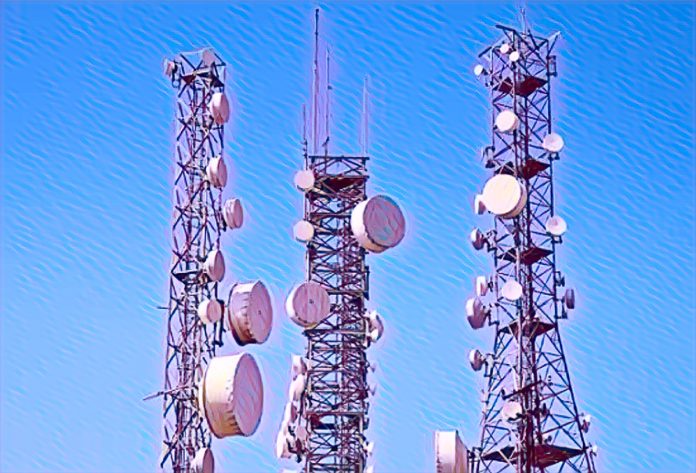KEY POINTS
- FG will blacklist 18 banks on the principal of N200 billion USSD debt.
- From N40 billion in 2020 to more than N250 billion.
- However, if banks were to reject the service, telcos may suspend USSD services.
The Nigerian telecoms operators are demanding that N200 billion should be paid to them as they are owed by 18 banks for Unstructured Supplementary Service Data (USSD) charges.
But the banks have several years worth of debts to settle and failure to do so within two weeks could see public blacklisting and withdrawal of telecom services.
Acting on government directives, the Nigerian Communications Commission (NCC) says it intends to publish the names of the defaulting banks and approve telcos to suspend USSD services to them.
The move could hamper ways in which customers of those banks make transactions with mobiles.
Debts owe rising and failed agreements
The issue of USSD debts dates to 2020 when the outstanding debt sum was less than N40 billion. By the end of 2021, it grew to N57 billion and N80 billion in 2022. However, telcos claim that they have been dragged from N250 billion to the debt, with banks accused of neglecting repayment plans.
In accordance with this decision in December 2024, a joint meeting between the NCC and the Central Bank of Nigeria (CBN) directed that the banks should pay the part of the debt by December 31 and the balance gradually But 18 banks remain noncompliant, while just four banks responded.
In addition, banks have reportedly reneged on their commitments to repay the debt using prior agreements to resolve the matter which included the National Assembly, CBN, NCC.
Blacklisting and service suspension possible
Recently, Chairman of the Association of Licensed Telecommunications Operators of Nigeria (ALTON), Gbenga Adebayo has chastised the banks for purposely frustrating much needed resolutions. If the banks cannot pay, he warned that withdrawing USSD support would be the last resort.
Mobile banking using USSD leverages telco provided infrastructure. Suspension of services can render customers of the affected banks unable to send bank transfers and payment of bills via mobile short codes.
If the telecom sector decides to blacklist the 18 banks, this could have a huge impact on Nigeria’s financial ecosystem, and strengthen the need for swift resolution of the impasse.



